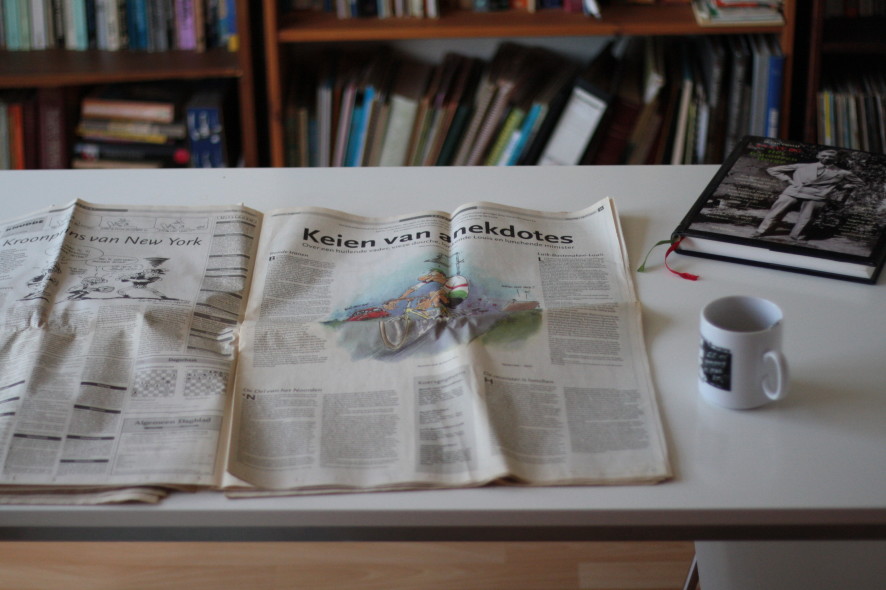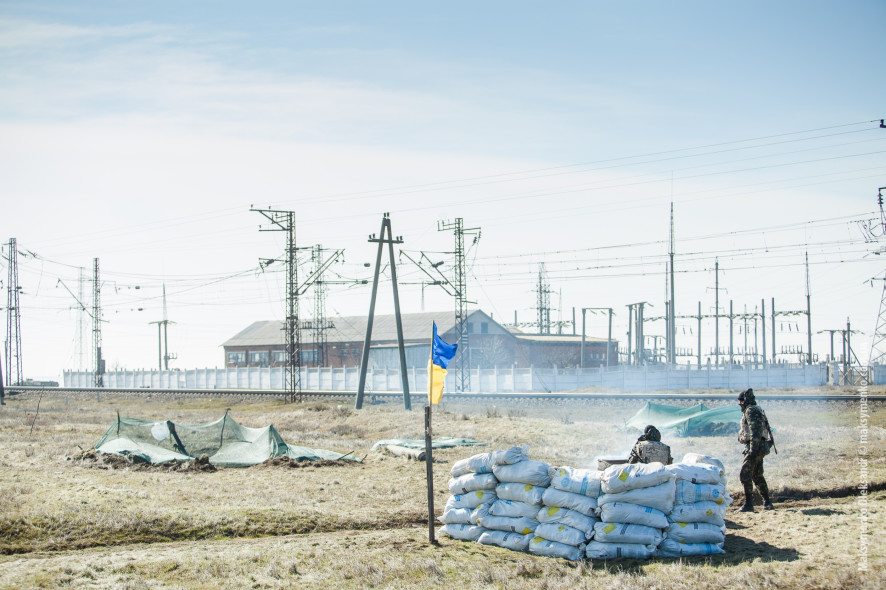by Philip Moore.
Refugees stopped in Hungary on their way to Germany; French and Italian officials working day and night to keep Greece in the Eurozone; Eastern and Western European nations clashing over Europe’s relationship with Russia. If you were alive these past six months – a safe bet if you’re reading this article – you probably encountered at one point or another the strange beast we call the ‘European problem’.
This most irksome of life forms can thrive and multiply in any environment. There it is, lurking inside your sim card, or messing about in your soup; most of all it seems to prefer your newspaper, its natural habitat, where it awaits the opportunity to strike. Soon, experts warn, there will be a ‘European problem’ hiding behind every headline, and there will be nothing you or I can do about it.
It is perhaps the ultimate cliché to assert that European problems require European solutions. This may or may not be true, depending on the issue; what is certain is that they require a European understanding. Without an informed European citizenry, aware of the context and constraints in which national politics operate, conscious of the deep interconnectedness between all member states, and ready to hold decision-makers at every level accountable for their actions, there can be little hope of addressing the common crises our continent is facing.
Yet the media that most European citizens engage with is almost uniformly national in scope. If you are a Pole, Poland is the centre of the world; if you are Austrian, everything revolves around Austria[1]. Other member states are presented as (at best) friendly rivals or (at worst) threats to the nation’s wellbeing. Interactions between member states are reduced to a zero sum game: where France gains, the United Kingdom loses, and vice versa.
Meanwhile, anything that comes out of Europe is either sinister, too soporific to pay any closer attention to, or both. Consider, for example, how often your national politicians blame European institutions for decisions they personally approved – and journalists let them get away with it. No one would deny that local and national newspapers are vital organs of a healthy democracy; but an exclusively national framing of current events can only foster ignorance and resentment.
To counter this tendency, there have been many courageous initiatives in pan-European media, this paper included. Although a decisive step in the right direction, they remain too few and too limited in their audience. The emerging ‘European public sphere’ has so far struggled to find its public. For too long, Europe has been depicted as the province of unscrupulous lobbyists and insipid bureaucrats.
It is particularly revealing, for instance, that a number of online publications restrict articles about the European Union to premium readers. By a strange circular logic, it is assumed that only a niche audience will want to inform themselves about the EU; therefore, any EU-related article is hidden behind a pay wall; therefore, only a niche audience informs themselves about the EU. QED. Is it any wonder that so many perceive the EU to be an exclusive, elitist club?
It is time to proclaim, boldly and loudly, that Europe is interesting. Yes, Europe is interesting – not only the European Union, but also Europe, the living, breathing continent, our common home of cheese, cathedrals and American tourists. And it is interesting not only to pro-Europeans, but also to eurosceptics, and to those who at the moment could not care less which direction Europe is headed, but probably should.
For the European public sphere to concern all Europeans, pan-European media must be unafraid to expand its ambitions and explore uncharted territory. Our national media flourishes because of a wild diversity we often take for granted. In the open democracies of Europe, there is a paper, channel or website for everyone – some serious-minded, others crazy and offbeat, some cultural, others countercultural, some elitist and restrained, others populist and rabidly partisan.
Why can’t European media emulate this diversity? Where is the European ‘Daily Show’? Where is the hard-hitting European investigative journalism? There are dozens of ventures begging to be started by those ready to seize the opportunity.
A European online satirical newspaper is currently in development and should be out in the coming months. Many more initiatives will have to follow: building the European public sphere will take more than one project or group, no matter how dedicated. Your ideas, your contributions are desperately needed.
It is the 1989 Generation Initiative’s hope that they will combine to redefine European media in the 21st century, paving the way for a more open and democratic pan-European conversation.
This article comes from our partner organization, the 1989 Generation Initiative. You can find more information on them on their website, Facebook, and EurActiv blog.
Image taken from Flickr, by 24oranges.nl.





